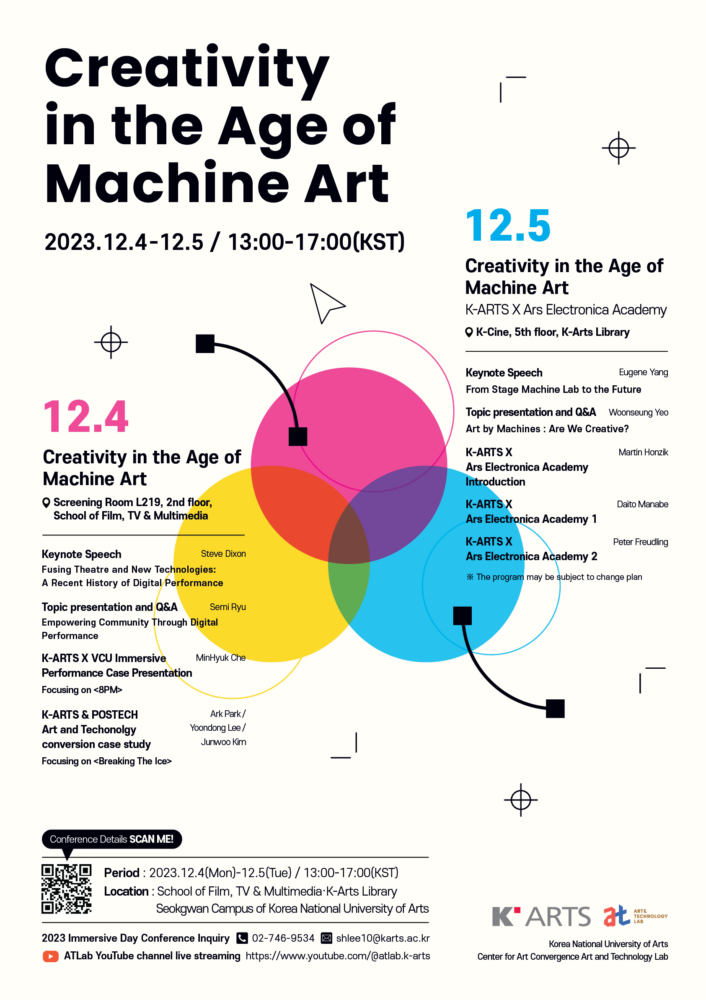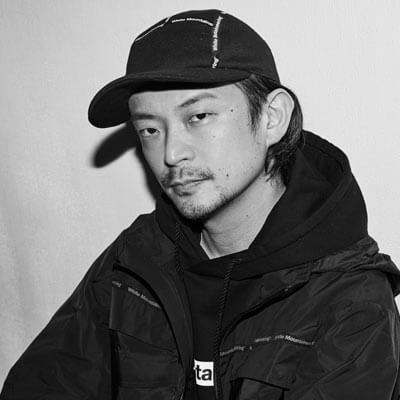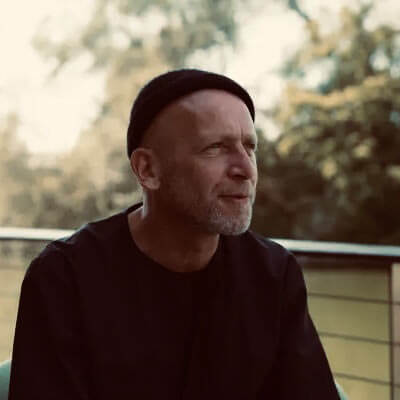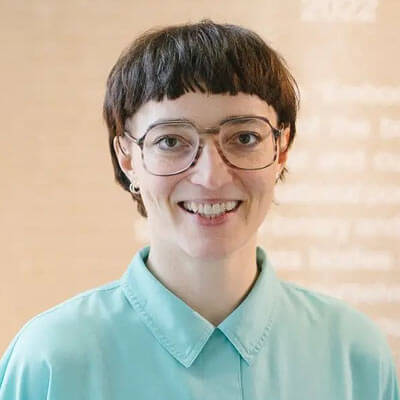Inaugurated in 2021, the K-Arts Ars Electronica Academy implements hackathons, guest lectures and online workshops with Ars Electronica experts at K-Arts in Seoul. Ars Electronica accompanies the Korean National University of Arts, short K-ARTS, courses with inspirational talks and mentoring sessions. This support program for emerging artists builds on the existing curriculum. The highlight of this exchange is the student’s presentation at Ars Electronica Festival each year in the framework of the Ars Electronica Campus program.
Type: Workshop
Year: 2023
City, Country: Seoul, South Korea

After a brief introduction about the K-Arts Ars Electronica Academy, Martin Honzik (Chief Curatorial Officer) will guide us through a journey of the Prix Ars Electronica evolution. In a fast paste environment like media arts, trends soon can be outdated. That requires a permanent adaptation of terminology, tools and approaches. In this lecture you will learn how these changes came along and how it addresses the needs of today’s new digital aesthetics. Generative technologies promise transformative potential in arts and design. Peter Freudling (Lead Designer & Artist at Ars Electronica Futurelab) invites you in his talk to explore his critical examination, and how Ars Electronica Futurelab used – but also intentionally did not use – those tools in their projects. Finally, media arts super star and co-founder of Rhizomatiks Daito Manabe will share his insight into the topic of New Aesthetics in the Age of Automation. The academy program will be moderated by Laura Welzenbach, Head of Ars Electronica Export.
In 2023 the academy is part of the Immersive Day, a two-day conference with the overarching theme is New Aesthetics in the Age of Automation. On December 4th, there is a keynote by Steve Dixon which will be followed by a lecture from Professor Semi Ryu of the Kinetic Imaging Department in VCU(Virginia CommonWealth Univ). This first day will be rounded up by a case presentation of the K-Arts Art&Technology Lab. December 5th will be opened by lectures of Professor Yugne Yang of TNUA and the K-Arts Ars Electronica Academy session will wrap up the conference program.
Speakers’ biographies

Daito Manabe is artist, programmer, and DJ.
Launched Rhizomatiks in 2006. Specially appointed professor at Keio University SFC. Manabe’s works, which range into a variety of fields, takes a new approach to everyday materials and phenomena. However, his end goal is not simply rich, high-definition realism by recognizing and recombining these familiar elemental building blocks. Rather, his practice is informed by careful observation to discover and elucidate the essential potentialities inherent to the human body, data, programming, computers, and other phenomena, thus probing the interrelationships and boundaries delineating the analog and digital, real and virtual.

Martin Honzik, Chief Curatorial Officer at Ars Electronica, studied visual experimental design at Linz Art University (graduated in 2001) and completed the master’s program in culture & media management at the University of Linz and ICCM Salzburg (graduated in 2003). Besides being independent Artist in several art projects, he joined the staff of the Ars Electronica Future Lab, where, until 2005, his responsibilities included exhibition design, art in architecture, interface design, event design and project management. Since 2006, Martin Honzik has been director of the Ars Electronica Festival and the Prix Ars Electronica and in charge of the exhibitions in the Ars Electronica Center as well as Ars Electronica’s international exhibition projects.

Peter Freudling was one of the first members to join the Ars Electronica Futurelab during his studies of Industrial Design at the University of Art and Industrial Design in Linz. As a researcher in the Virtual Environments group, he helped to create several projects in the field, among other the CAVEin the Ars Electronica Center. Peter has passed on his knowledge by teaching the course Virtual Reality for Industrial Design at the University of Art and Industrial Design in Linz. As an Industrial Designer his focus shifted slowly from the virtual to the physical world joining the Media Art and Architecture research team. Recent works mainly focus on artistic interventions in the semi-public space as well as design-related work on many projects.

Laura Welzenbach produces and directs projects in art, technology and politics and is a strategic planner, who makes things happen. Her current super power: so much love for social impact through art and public engagement. As the Head of Ars Electronica Export, Laura creates experiences through connecting art and science in exhibitions, workshops and art science residencies.
